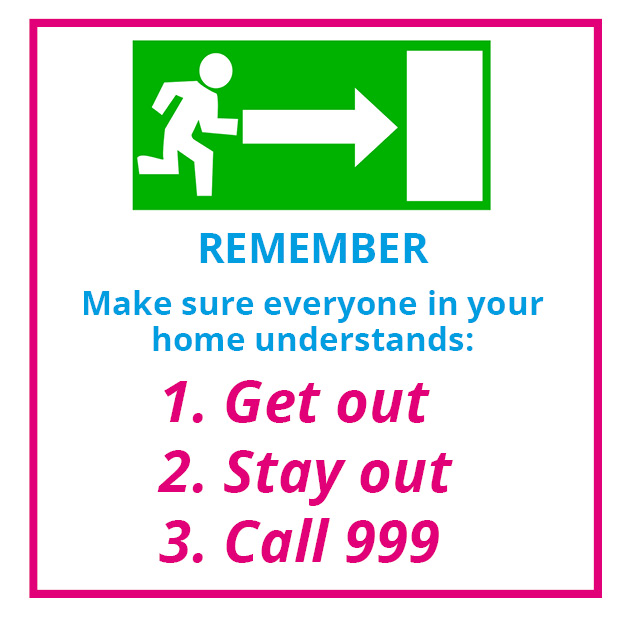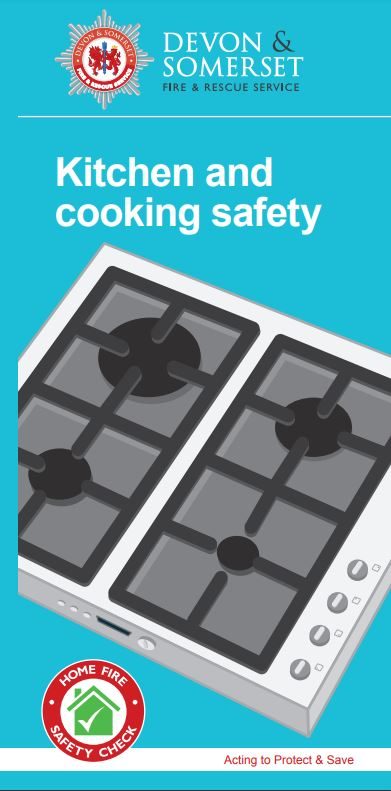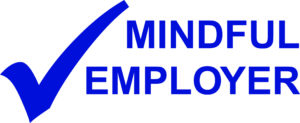Fire safety advice

What can you do to be safe?
Keeping you safe in your home is a top priority for us.
There’s a lot you can do protect your family and your home from the danger of fire.
1. Do a monthly check
- Test your smoke alarm and any carbon monoxide detector every month by pressing the button. If the alarm doesn’t sound, replace the battery – or contact us immediately if you have a mains-powered smoke alarm fitted, so we can arrange to fix it.
- Replace the batteries each year or when the alarm sounds to show that the batteries are running low.
- Clean your smoke alarm once a month using the soft brush attachment on your vacuum. This will help remove dust and insects which may have become trapped in the alarm.
Many of our properties are fitted with mains operated smoke, heat or carbon monoxide detectors including a battery backup. When we let our properties these are tested to ensure they are working. They are also checked when we perform Gas and Electrical safety checks. If a backup battery fails or runs out you may hear an intermittent beeping noise and flashing of the detector. In this case you are responsible for the replacement of batteries, which are usually of the 9v type. Please do not remove, cover or damage the detectors in any way, and report any damage to us immediately so we can repair or replace the alarm.
2. Make an escape plan
- Smoke makes it almost impossible to see when you’re trying to escape – therefore you need to plan how you would escape if a fire did break out, and then practice it with your family.
- The best exit is usually the nearest, but have a backup plan in case it is blocked. Think about it being the middle of the night and dark outside, how do you get out if the fire was downstairs?
- Make sure everyone knows the escape plan, even young children.
- Keep keys near doors and windows so it is quicker to get out.
- Never use a lift to escape – you could become trapped.
- If you live in a block of flats review the evacuation policy which will be positioned near the entrance to the block.
- Read Devon and Somerset Fire and Rescue leaflet on how to ‘Plan your escape’
3. Keep corridors and exits clear to help you escape
- Keep corridors and exits clear. As well as fuelling a fire, obstructions block your escape route and prevent the fire service gaining access.
- If you live somewhere with communal corridors or other areas, it is essential you do not leave items like bikes, buggies or mobility scooters in them.
- If you are aware of items being left within communal areas please report the items to us and we will get them removed.
- Do not prop open fire doors – they are there to stop the spread of a fire as they are designed to expand to stop smoke escaping. Let us know if you notice any damage or faults to fire doors or self-closer door fixings, so that we can fix them.
In the event of a fire
- Do not delay to save valuables or look for pets
- Do not investigate the fire
- Crawl along the floor, smoke will rise and the cleanest air is near the floor. Smoke is poisonous and can kill you
- Before you open any doors, feel them with the back of your hand, if they are warm, do not open them. The fire is likely to be on the other side
- If you are escaping together, stay together if you can.
- If you are the last one out, close the door behind you to slow the progress of the fire.
For more information on see Devon and Somerset fire and rescue service article on ‘What to do if there’s a fire’
How to prevent a fire
Avoid the common causes of fires in the home
- Check your electrical appliances to make sure there’s no evidence of faults, loose or exposed wires.
- Do not overload electrical sockets – use one plug in each socket. If you have to, use a fused adapter and keep the total output to no more than 13 amps (a kettle uses 13 amps). Remember, high-rated appliances such as washing machines always need their own socket.
- Avoid running appliances like washing machines or dishwashers at night or when no none is about.
- Clean lint from tumble dryers and do not leave them on when away from the home.
- Keep the toaster, oven, hob and grill clean, a build-up of fat and grease can catch fire.
- Do not burn candles in your home and keep soft furnishings away from anything that generates heat, including light bulbs.
- Take care in the kitchen – do not leave cooking unattended and keep electrical appliances and leads away from water.
- If you smoke, make sure you stub any cigarettes completely out.
Flammable or explosive substances
Please do not use or store paraffin heaters, liquid petroleum, propane and butane gas appliances or other flammable or explosive substances in the home. Please also let us know if you intend to keep pressurised oxygen tanks at your home.



